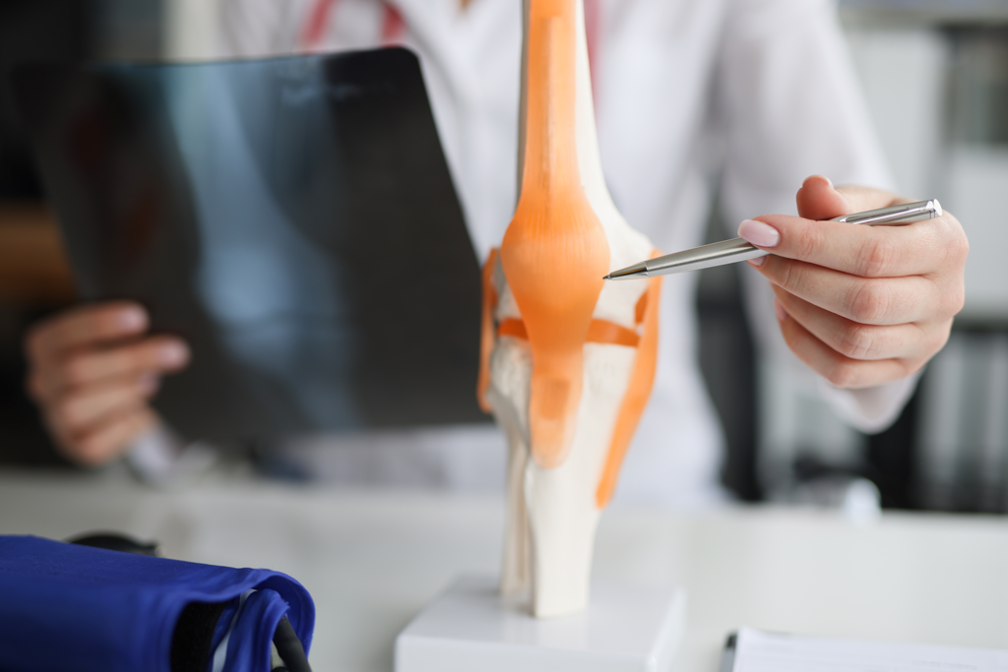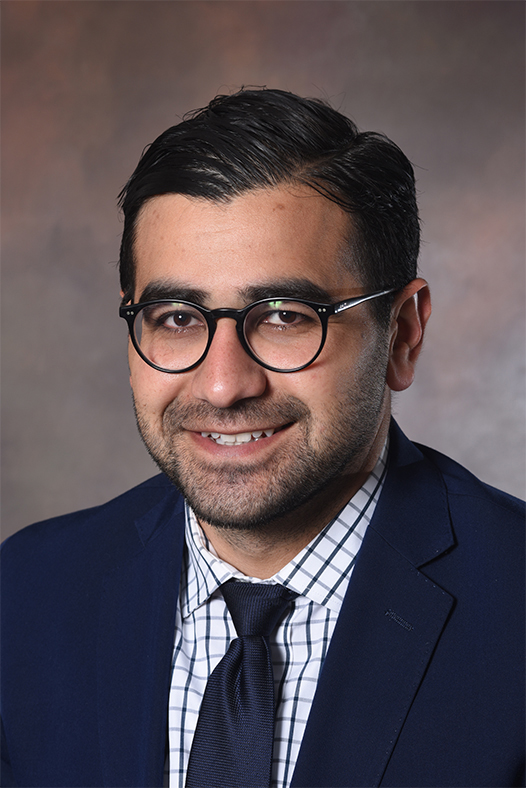A rheumatologist is an immune system specialist who diagnoses and treats arthritis, autoimmune disorders and other inflammatory conditions of the joints, muscles, tendons and connective tissue. Since many of these are chronic conditions that involve periodic flare-ups and remissions, it is vital to find a local rheumatologist with whom you feel comfortable, and who can help you create an effective treatment plan to manage your symptoms. That’s where 219 Health Network can help.
If you are preparing to visit one of our rheumatologists for the first time, you might be wondering what you can expect during your visit. To help put your mind at ease, we are going to explain the process below.
Review of Your Medical History
One of the first things your rheumatologist needs to know is why you have come to see him or her in the first place.
You can prepare yourself by noting down your symptoms and taking them to your appointment. Any experienced rheumatologist will begin by asking questions like how long the symptoms have persisted, whether you are on any medications, and if any members of your family have ever had a rheumatic disease. You also could be asked about your occupation and lifestyle habits.
Your answers will help guide your rheumatologist in determining whether you have a rheumatic disease and provide valuable insights into what treatment options can work best for you.
Physical Examination
Next, your rheumatologist will press on each joint to assess your pain level and which of your joints and/or muscles are inflamed or tender. If your rheumatologist asks how you feel about the pressure, it’s important that you give honest answers. You can describe the severity of pain in words, such as mild or severe, or rate it on a scale of 1 to 10.
If your joints are painful, your rheumatologist may be able to determine whether pain is caused by inflammation — as happens with rheumatoid arthritis. If you don’t feel any pain, it could be that you have osteoarthritis or another type of joint disorder. It also could mean you are not experiencing a flare-up at present or that your symptoms are too mild for you to notice them.
X-rays
Any knowledgeable rheumatologist likely will order an X-ray of the aching joints to determine if there is damage to the joints as well as the degree of inflammation. The X-ray also will be used to determine if there is any deformity in your joints, which can be an indicator of osteoarthritis.
Ultrasounds
Sometimes X-rays are not detailed enough to get a complete picture of what’s happening. When you visit a rheumatologist, he or she might opt to use ultrasound instead. You will see the ultrasound on the screen, and your rheumatologist will point out if anything is problematic — such as inflammation — and how severe the condition is for you. Apart from this, he or she may compare your ultrasound results with a control sample to better confirm the diagnosis.
Blood Tests
Your rheumatologist also will want to draw a small sample of your blood and joint fluids. The samples will be sent to the lab to be tested for signs of inflammation like rheumatoid factor, synovial fluid, C-reactive protein, anti-cyclic citrullinated peptides, or anti-CCP antibodies, and erythrocyte sedimentation rate, or ESR/sed rate.
Looking for an Affordable Rheumatologist in Northwest Indiana?
Now that you know what to expect when visiting a rheumatologist for the first time, are you ready to schedule an appointment? If so, and if you’re looking for an affordable rheumatologist in the area, 219 Health Network is the place to visit. Our licensed rheumatologists specialize in treating people with arthritis and other chronic conditions that cause inflammation. We are well-trained in recognizing symptoms of rheumatic diseases, and our goal is to get you back on your feet as quickly as possible so that you can enjoy your life to the fullest.
Contact us today to get started.





















































Recent Comments